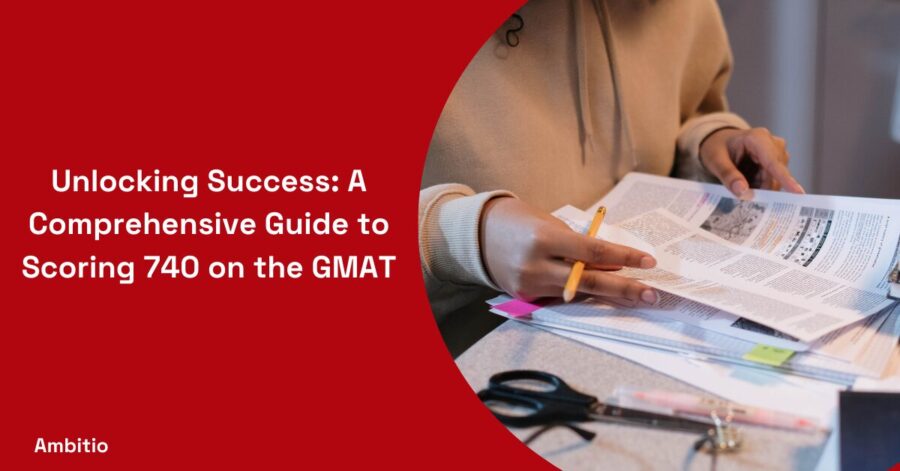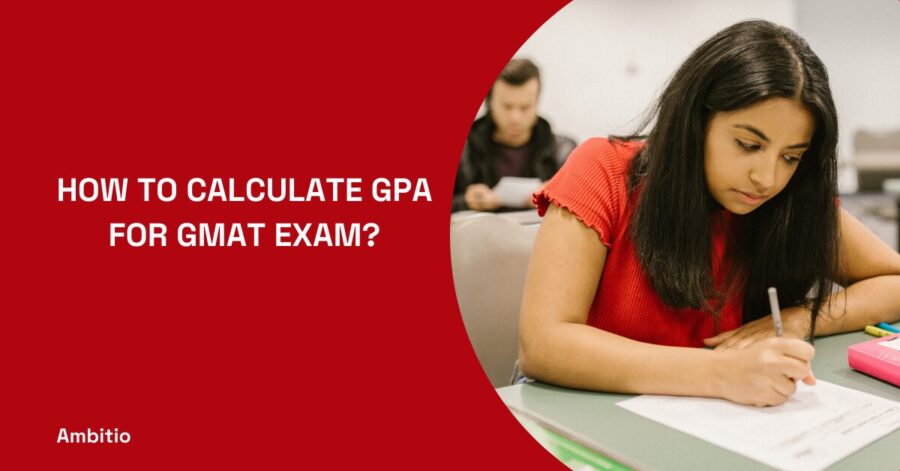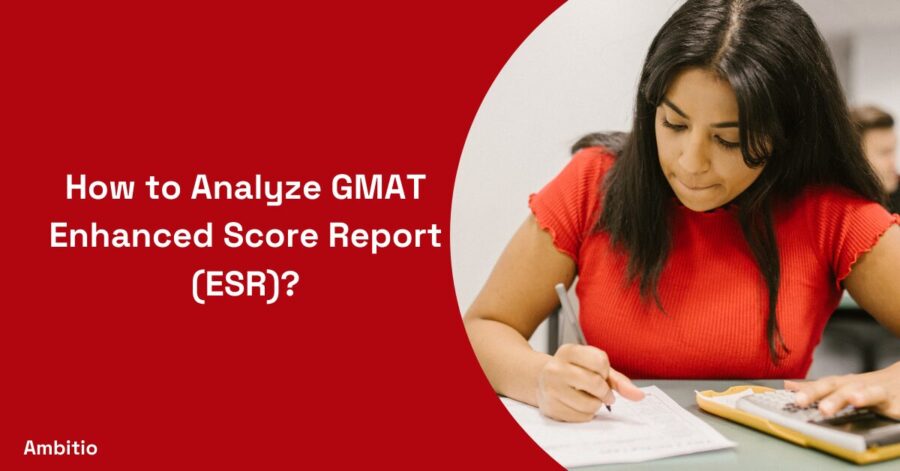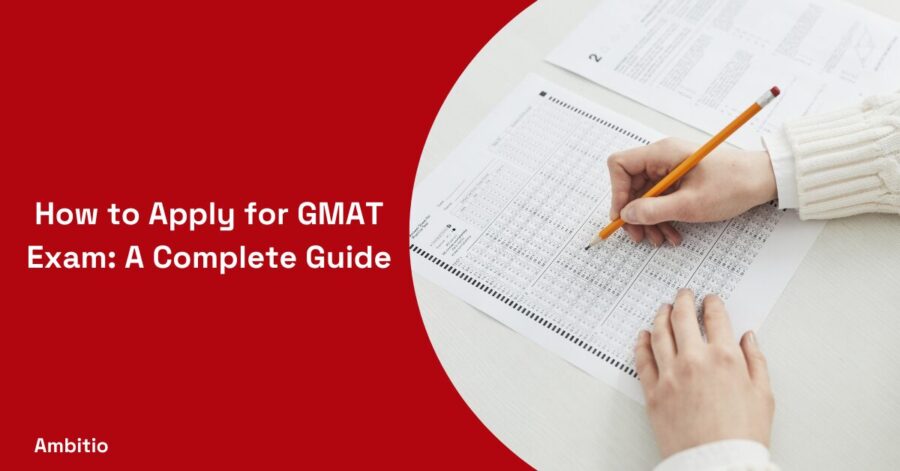14 December 2024
5 minutes read
Unlocking Success: A Comprehensive Guide to Scoring 740 on the GMAT

Introduction
The GMAT (Graduate Management Admission Test) is a crucial step in your journey towards pursuing an MBA. Achieving a score of 740 on the GMAT can significantly enhance your chances of gaining admission to top-tier business schools.
In this extensive guide, we will explore every aspect of attaining this coveted score, from understanding the GMAT structure to test-taking strategies and beyond.
The Importance of a 740 GMAT Score
A GMAT score of 740 is a mark of excellence that places you among the top percentiles of test-takers worldwide. Let’s delve deeper into why this score is so highly regarded.
What Does a 740 GMAT Score Signify?
Scoring 740 on the GMAT demonstrates your readiness for the academic rigor of MBA programs. It showcases your ability to handle complex analytical, quantitative, and verbal tasks, which are essential skills for success in business school.
Attracting Top Business Schools
Many of the world’s leading business schools consider a 740 GMAT score as a significant asset in your application. It can open doors to institutions like Harvard Business School, Stanford Graduate School of Business, and Wharton School of the University of Pennsylvania.
Scholarship Opportunities
Achieving a GMAT score of 740 not only enhances your eligibility for admission to top business schools but also opens doors to a multitude of scholarship opportunities.
Scholarships are a valuable resource that can significantly reduce the financial burden of pursuing an MBA. In this section, we will explore the various scholarship opportunities available to candidates who have attained this impressive GMAT score.
Types of Scholarships
Scholarships for MBA programs are typically categorized into several types, each with its own criteria and application process:
1. Merit-Based Scholarships
Merit-based scholarships are awarded to candidates who have demonstrated exceptional academic achievements, leadership skills, and, in many cases, a GMAT score of 740 or higher. These scholarships are highly competitive and often come directly from the business schools themselves.
2. Need-Based Scholarships
Need-based scholarships are awarded to candidates who can demonstrate financial need. While your GMAT score may still be a factor in your application, these scholarships primarily consider your financial circumstances.
3. Diversity Scholarships
Business schools value diversity in their student body. Many offer scholarships to candidates from underrepresented backgrounds, including women, minorities, and international students. Your GMAT score can strengthen your application for these scholarships.
4.Industry-Specific Scholarships
Certain scholarships are tailored to candidates with specific career interests or backgrounds. For example, if you aspire to work in healthcare management, you may find scholarships dedicated to that field.
5. Corporate Scholarships
Some corporations collaborate with business schools to offer scholarships to candidates who plan to pursue careers in specific industries. These scholarships often come with obligations such as internships or post-graduation employment with the sponsoring company.
6. Regional Scholarships
Several organizations and foundations offer scholarships to candidates from specific regions or countries. These scholarships aim to promote international diversity within MBA programs.
Crafting Your GMAT Success Strategy
Now that you understand the importance of a 740 GMAT score, let’s dive into the strategies and steps to help you achieve this milestone.
Understanding the GMAT Structure
AWA (Analytical Writing Assessment)
- Evaluates your ability to analyze an argument and express thoughts coherently.
- Practice writing essays on various topics to excel in this section.
Integrated Reasoning (IR)
- Involves complex data interpretation and analysis tasks.
- Familiarize yourself with different question formats, such as graphics interpretation and two-part analysis, for success.
Quantitative Section
- Assesses mathematical and problem-solving skills.
- Brush up on fundamental math concepts and solve complex quantitative problems.
Verbal Section
- Evaluates reading comprehension, sentence correction, and critical reasoning abilities.
- Improve reading speed and accuracy to perform well in this section.
Crafting a Study Plan
Setting Realistic Goals
- Determine your target score and create a study plan that aligns with your goals.
- Consider your starting point and the amount of time you can dedicate to preparation.
Time Allocation
- Allocate study time to different sections based on your strengths and weaknesses.
- Focus more on areas where you need improvement but don’t neglect your strengths.
Resource Selection
- Invest in GMAT preparation materials, such as official GMAT guides, online courses, and practice tests.
- These resources offer a wealth of practice questions and simulated test environments.
Mastering Time Management
Time Management Strategies
- Practice time management during your preparation.
- Each section of the GMAT has a strict time limit.
- Train yourself to answer questions within the allocated time.
Simulate Test Conditions
- Take full-length practice tests.
- Practice under realistic conditions to mimic the actual GMAT exam.
- Helps you manage test-day pressure and pacing effectively.
Focusing on Weak Areas
Identifying Weaknesses
- Take diagnostic tests to pinpoint your weak points.
- Focus on areas such as quantitative or verbal skills.
- Dedicate extra time to improve these areas and enhance your overall score.
Regular Practice
- Consistency in practice is vital for success.
- Continuously work on your weaknesses to transform them into strengths.
Review and Analysis
- After each practice test, engage in post-test review.
- Analyze your mistakes and learn from them.
- Focus on eliminating these errors in subsequent tests.
Track Your Progress
- Maintain a record of your practice test scores.
- Monitor your progress over time.
- Use this tracking to stay motivated and identify areas requiring further attention in your GMAT preparation.
Managing Test Anxiety
Test Anxiety Reduction
- Utilize relaxation techniques to combat test anxiety.
- Engage in mental preparation exercises to stay calm on test day and perform at your best.
Mock Test Simulation
- Practice taking mock tests.
- Replicate conditions similar to the actual GMAT test center.
- Familiarize yourself with the testing environment to reduce anxiety and enhance your performance.
Retaking the GMAT
Retake Considerations
If you don’t achieve your target score on your first attempt, don’t be discouraged. Many successful GMAT test-takers retake the exam to achieve a higher score. Here are some considerations:
Analyzing Your Performance
Carefully review your performance on your initial attempt. Identify areas where you can improve and develop a focused study plan for your retake.
Study with a Fresh Perspective
Approach your retake with renewed dedication and a fresh perspective. Consider different study materials or methods to enhance your preparation.
Multiple Retakes
It’s not uncommon for candidates to take the GMAT multiple times. Business schools often consider your highest score, so retaking the exam can lead to a better outcome.
Acing the GMAT: Final Thoughts
Success in the GMAT is not solely determined by your innate abilities but by your commitment to preparation. Stay motivated, practice diligently, and believe in your capabilities.
With the right strategies, you can unlock the doors to top MBA programs and embark on a fulfilling journey in the world of business and management.
FAQs
Q1: What is a good GMAT score?
A good GMAT score varies depending on the business school you’re targeting. However, a score of 740 or above is generally considered excellent and opens doors to top-tier MBA programs.
Q2: Can I improve my GMAT score with retakes?
Yes, you can retake the GMAT to improve your score. Many test-takers achieve a higher score on their second or third attempt after additional preparation.
Q3: How long should I prepare for the GMAT?
The recommended GMAT preparation duration varies, but most candidates spend 2-3 months studying intensively.
Q4: Are there free GMAT prep resources available?
Yes, there are free GMAT prep resources, including practice questions, available online. However, investing in official GMAT guides and courses is highly recommended for comprehensive preparation.
Q5: What is the average GMAT score at top business schools?
The average GMAT score at top business schools typically falls in the range of 700 to 730. However, many factors beyond just the GMAT score are considered in the admissions process.
Q6: Should I use a GMAT prep course?
Using a GMAT prep course can be highly beneficial. These courses offer structured study plans, expert guidance, and access to practice tests, which can significantly improve your chances of achieving a high score.
Q7: How can I improve my verbal score on the GMAT?
Improving your verbal score requires focused practice on reading comprehension, sentence correction, and critical reasoning. Consider using GMAT verbal guides and practicing consistently.
Q8: What is the GMAT error log, and how can it help me?
A GMAT error log is a tool to track and analyze your mistakes on practice questions. It helps you identify recurring errors and areas that need improvement, leading to more effective study sessions.

You can study at top universities worldwide!
Get expert tips and tricks to get into top universities with a free expert session.
Book Your Free 30-Minute Session Now! Book a call now




























